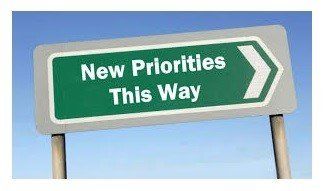Reward Strategy - what are you telling your staff?
Jane Baalam
June 20, 2023
Are you sending the right message?
So I've used this before and I will never get over how language defines our messages. If you want your reward strategy to give the right messages, think carefully about how you communicate it.
Here is a great illustration for reward that really emphasises what I mean:
Reward: a thing given in recognition of service, effort, or achievement
Some organisations call it compensation:
Compensation: something, typically money, awarded to someone in recognition of loss, suffering, or injury
If I’m being picky and let’s be honest here I am - I somehow think they may have hit the nail right on the head. I often wonder at which point does our employment mindset go from wanting to reward our staff for giving us their services, to wanting to compensate them for the fact they have to turn up every day. More worryingly, how did work get so bad that they have to be compensated for doing it?
If your staff don’t love their work, if they don’t love getting up in the morning to do it, if they don’t love it when they are there – then the engagement has gone. This is where you need to start talking again. Engage with your staff and reward them for the efforts they put in on your behalf. There’s plenty of evidence out there to suggest it works. I guess the problem is knowing how to do that.
Communicating your reward strategy has to be a good start! There is a reason why we use speech bubbles in our logo - it's because done right communication not only solves problems, it engages people. Talk to them, not just tell them. Let them talk back, give you feedback. Don't be afraid of getting it wrong, honest messages put badly are 100x better than no message at all. And remember, you can tell them a 1000 times, but until they actually hear and understand you, you haven't communicated at all.
Be brave, put your reward strategy out there, get the feedback going and let it become an engagement activity.









